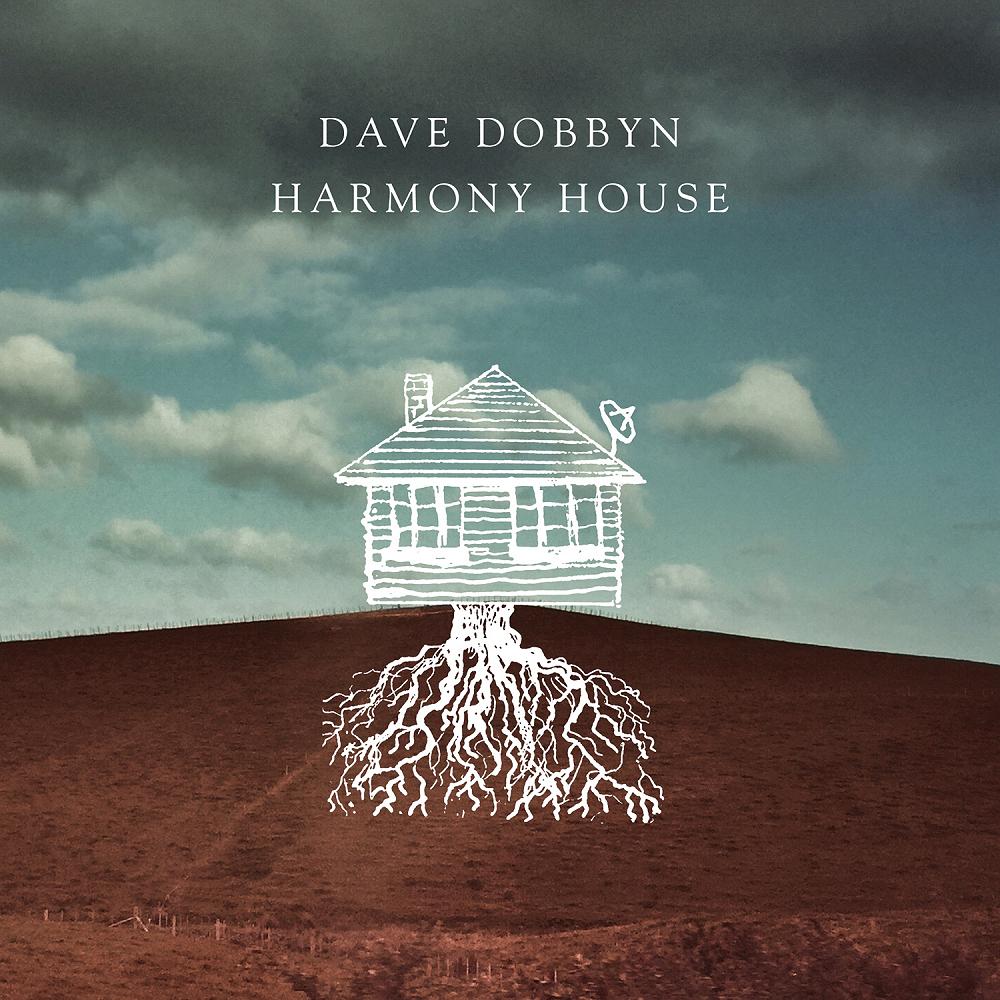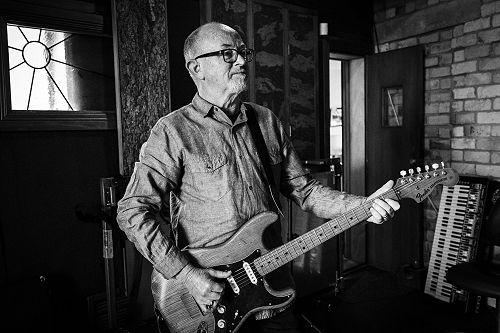
Harmony House
by Dave Dobbyn. Available from Red Trolley, iTunes, Spotify. Reviewed by Robin Kearns
As artists inspired by Christian belief grow older, their faith invariably becomes more evident. Think Baxter’s Jerusalem Sonnets or McCahon’s later paintings. So too, Dave Dobbyn’s 2016 album Harmony House exudes a candid Christianity that speaks to universal concerns encountered on life’s journey.
Dobbyn’s roots in Catholicism have embraced a more generic Christianity. He has long occupied our soundscape. Here on Harmony House — as the cover art suggests — the roots dig deeper. There have been precursors to this song cycle in terms of spirituality. For instance 1998’s Hallelujah Song playfully mocked the more absurd trappings of religion, Welcome Home offered an anthem to a more tolerant and arguably gospel-inspired society and his Song of the Years is surely the most evocative interpretation of a James K Baxter poem.
Harmony House opens with Waiting for a Voice, perhaps suggesting the eight years since his last CD. Subsequently You Get So Lonely speaks to the balance between business and beliefs in a secular world and there are discernible traces of divine cosmology in Ball of Light. The brilliance in this 40 minute song cycle is not only the catchy, musical tapestry but also the deliciously nuanced lyrics. (Helpfully, perhaps, these do not accompany the disc so we are left guessing: is the line “Eyes wide open to the sun — or Son”?)
Despite the imagery, this is not music that can be corralled into the “Christian” genre. Recently U2’s Bono spoke of Christian music needing to include “more songs about bad marriage”. By this he was alluding to its too-often contrived sweetness. Dobbyn embraces the grittiness of the faith journey Bono suggests is necessary to grant “Christian” music integrity. Lyrics such as: “It’s only when you’re broken /unburdened by your pride/you can sing of what’s unspoken/with nothing else to hide” reveal the heart of a sojourner. Others are replete with hope: “The truth is you’re never alone” and mystical encounter: “I could see the veins on distant leaves /every detail shining and beckoning.”
Dobbyn is the master craftsman of the kiwi love song — Loyal, Beside You. His slippage between secular love song and spiritual encounter is gentle and disarming. At the end of Tell the World, after proclaiming the “love of my girl”, he subtly shifts to: “Nothing is clearer now than you/No light is so bright/No one is nearer now than you”. This, perhaps, is Dobbyn’s point: to know the enduring love of another is to know the love of God.
These are redemption songs rooted in his place as well ours. Harmony House is deeply faith-filled and astutely crafted such that the songs never risk being dismissed as “Christian” music but rather can speak to all in our land.
Published in Tui Motu InterIslands Magazine. Issue 205 June 2016.
Gallery

